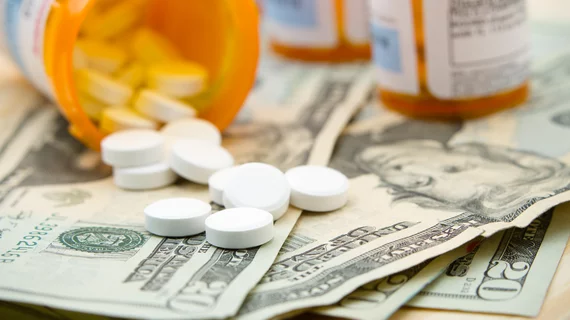Johnson & Johnson reported higher profits for the second quarter of 2021, buoyed by higher medical device sales and sales of its COVID-19 vaccine.
For the second quarter, J&J—which calls itself the world’s largest and most broadly-based health care company—reported sales growth of 27.1% to $23.3 billion.
“Our second-quarter results showcase Johnson & Johnson’s diversified portfolio, driven by strong sales and earnings growth across our Medical Device, Consumer Health and Pharmaceutical businesses,” said Alex Gorsky, Chairman and Chief Executive Officer. “I’m so proud of our 136,000 colleagues who remain focused on delivering our medicines and products to patients and consumers around the world, in addition to advancing our pipeline with new product launches and regulatory submissions. These accomplishments exemplify our commitment to advancing transformational innovations that improve the health of people and communities everywhere while continuing to deliver long-term value to all of our stakeholders.”
On the pharmaceutical side of the company, worldwide operational sales grew 14.1%. Sales of its COVID-19 vaccine reached $165 million between April and June—up from $100 million in sales from the previous three-month period, The Wall Street Journal reported.
The sales bump came despite a hiccup for the company after the Centers for Disease Control and Prevention recommended a temporary halt of its distribution in mid-April after a handful of recipients experienced a rare blood clotting side effect. Shortly after, the CDC reversed the pause.
The company’s medical device business grew significantly, up 58.7%. That growth mostly came from the return of patients who put off medical care during the height of the COVID-19 pandemic. The growth in medical device sales was across all J&J’s businesses, including surgery, orthopaedics, vision and interventional solutions.
J&J has also recently faced an onslaught of lawsuits related to the national opioid crisis. The company recently reached a $230 million settlement with the state of New York for its role in the crisis. J&J also agreed to no longer manufacture and sell opioids in the state of New York as well as no longer shipping opioids within the U.S. as part of the settlement.

